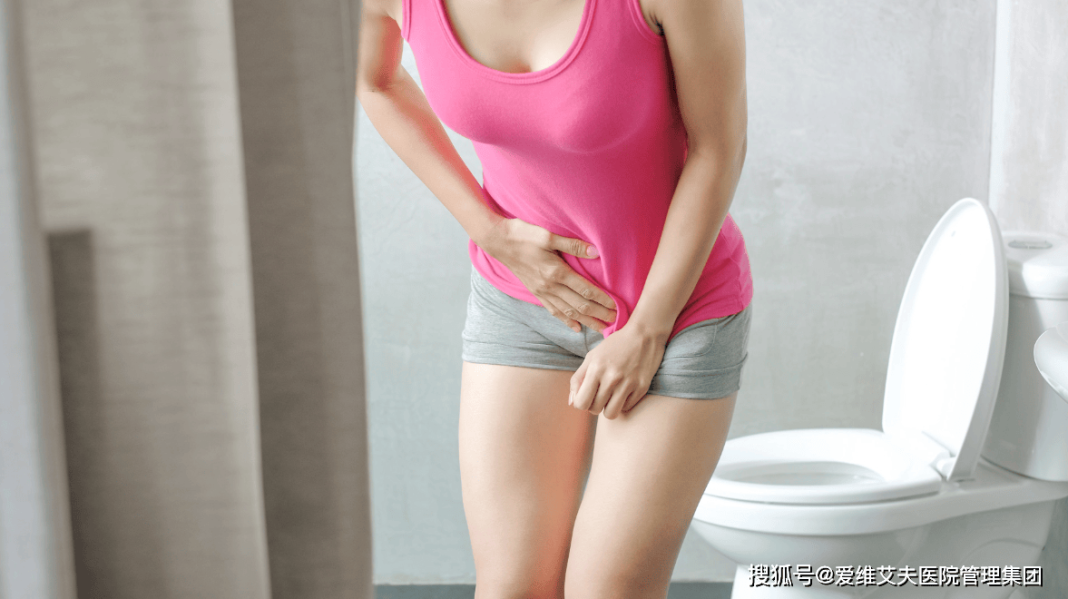To be honest, we have publicized a lot about ascites after egg retrieval, but every time there are patients asking: Doctor, is it normal for my lower abdomen to feel bloated after egg retrieval? Should I take some medication?
Yes, bloating is also a manifestation of ascites, but this is a normal response after egg retrieval and does not require medication. Moreover, without knowing your own situation, do not use medication blindly!
In order to help everyone better understand the coping methods for ascites, the reproductive medicine physicians at Aiv IVF have prepared a strategy summary!
How does ascites occur?
Due to the initiation of the ovulation induction cycle, the estrogen levels in a woman’s body are much higher than during normal physiological conditions. Coupled with the injection of the night trigger (HCG), this can easily further induce ovarian hyperstimulation, increasing the permeability of blood vessel walls, resulting in excessive fluid exchange and reallocation; as a result, blood volume decreases on one hand, while hypoproteinemia occurs on the other.
Protein acts like a “sponge” in the blood; when protein levels are low, moisture from the blood will seep out and accumulate in the abdominal and thoracic cavities, and in severe cases, pericardial effusion may occur, causing damage to liver and kidney functions and even heart function.
What are the manifestations of ascites?
Generally, mild ascites manifests as abdominal bloating. If the bloating is not severe and there are no accompanying symptoms such as nausea, vomiting, diarrhea, or decreased urine output, there is usually no need for special treatment, and fresh embryo transfer does not need to be canceled.
If symptoms worsen, prompt hospital consultation is needed, and fresh embryo transfer should be suspended until the ascites resolve before proceeding with the transfer.
How should ascites be managed?
Remember the following three key points:
Key Point 1: Supplement protein
Protein acts like a “sponge” in our blood. After ascites occurs, timely protein supplementation can elevate the protein levels in the blood, preventing further moisture from seeping out and effectively alleviating the symptoms of ascites. Therefore, to prevent and relieve the occurrence of ascites, one can respond by increasing the intake of high-protein foods or taking protein powder.
Tip: High-protein foods include eggs, dairy products, seafood, poultry such as chicken, duck, goose, and meats such as beef, lamb, and pork, as well as soy products and nuts.
Key Point 2: Rehydration
Encourage small, frequent sips of water to achieve rehydration. By ensuring adequate daily water intake, it can also help dilute the blood, thereby reducing the risk of thrombosis.
Key Point 3: Monitor body reactions
Timely attention to changes in weight, abdominal circumference, and urine output is essential. Especially after egg retrieval, if you experience severe bloating or abdominal pain, or decreased urine output, be sure to inform your doctor promptly; in severe cases, seek medical help immediately.
Finally, the reproductive medicine physicians at Aiv IVF reiterate: If the ascites are not severe, do not use medication blindly! Increasing protein intake is more effective for ascites!


